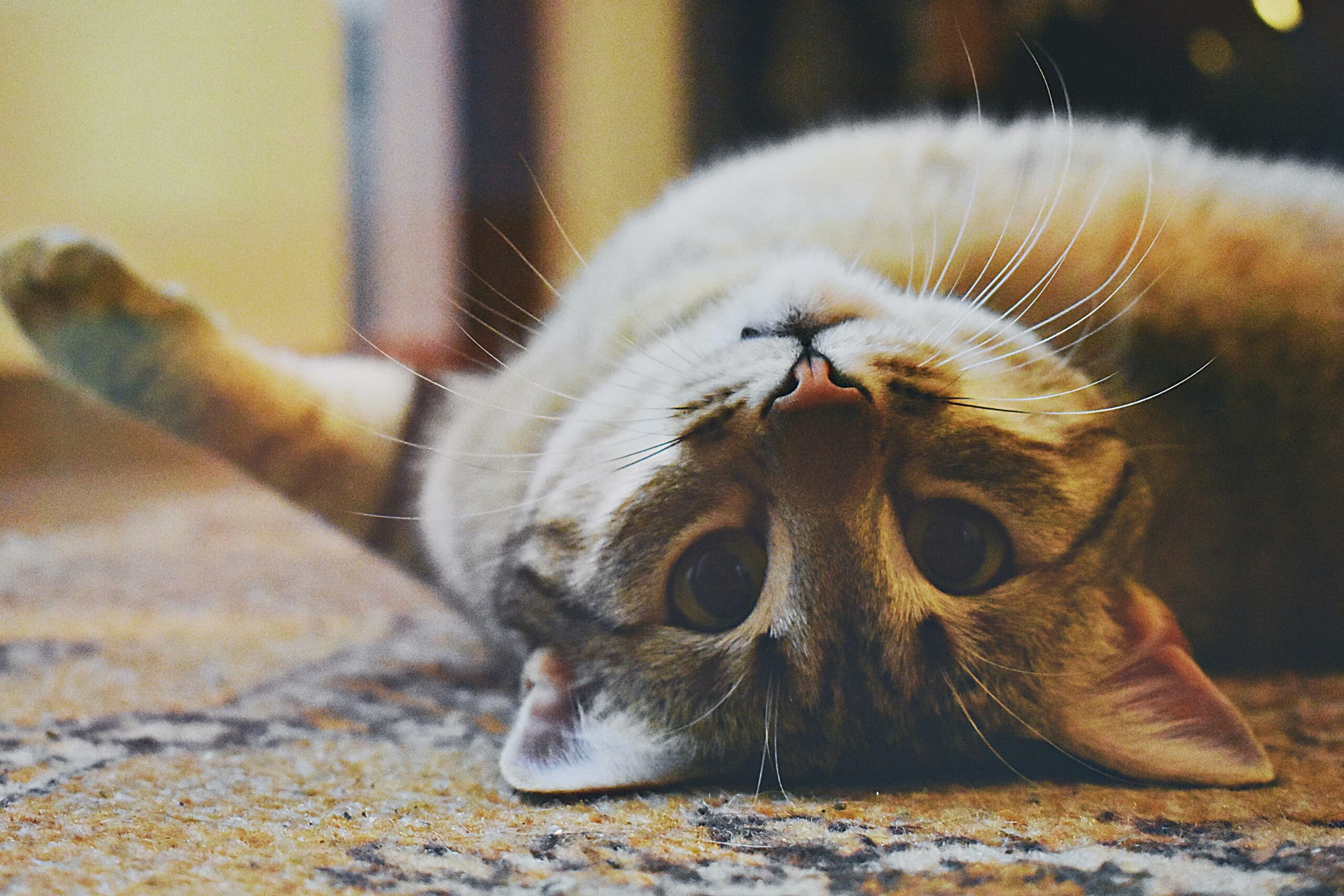
Our feline friends require vaccinations annually, so that they are protected from diseases that can have the potential to cause serious harm. Here at Pawsome Vets, we recommend that you vaccinate your cats on an annual basis in order to give them full coverage.
Let’s have a look at what our cats are vaccinated against and why it is important to keep on top of their regular vaccinations.
What do cat vaccinations cover?
It is important that cats are vaccinated against different diseases that are preventable within the UK. These vaccinations are injectable, meaning that they are administered through an injection beneath the skin.
Cat vaccinations can help to protect against:
- Rhinotracheitis
- Calicivirus
- Panleukopenia
- Feline leukaemia
It is important to note that vaccines are required if your cat is going into a cattery, but is especially recommended if your cat goes outdoors.
Pawsome Vets Wellness Club
Here at Pawsome Vets, we understand that caring for your pet can be expensive, and we want as many people to have access to preventative health care as possible.
That’s why we’ve made it even easier to afford preventative treatment for your furry friends with our Wellness Club
Our Wellness Club makes treatments more affordable and includes your pets vaccinations, flea and worming treatments and some nurse consultations. The Wellness Club is available for an affordable monthly fee, whilst giving you peace of mind that your pets are fully covered.
To discover our specialised plans, click here.
What is rhinotracheitis, calicivirus and panleukopenia (RCP)?
Also known as cat flu, rhinotracheitis and calicivirus are common respiratory diseases. The disease is spread through direct contact with an infected cat, or through shared items, such as bowls.
Common symptoms include:
- Fever
- Sneezing
- Conjunctivitis
- Increased salivation
Panleukopenia is an infectious disease that is common in unvaccinated cats and kittens. It affects the gastro-intestinal system and is spread quickly between cats, especially in unhygienic conditions.
Common symptoms include:
- Diarrhoea
- Vomiting
- Loss of appetite
- Lethargy
- Dehydration
Whilst this all sounds a little scary, the good news is that these conditions are preventable. A first injection, followed by a second injection 3 – 4 weeks later can be administered to kittens and cats in order to offer protection.
This then needs to be topped up with a booster vaccination given on an annual basis.
What is feline leukaemia (FELV)?
Feline leukaemia is an incurable viral infection. Once a cat is infected, it is impossible to cure. Unfortunately, an infected cat’s lifespan will be considerably decreased once infected.
Cats who are FELV positive should be kept inside, in a single cat household to avoid the possibility of infecting other cats.
Symptoms of feline leukaemia include:
- Enlarged lymph nodes
- Weight loss
- Loss of appetite
- Pale gums
- Jaundice (yellow colour) of the skin, mucous membranes and eyes
- Fever
Feline leukaemia can be vaccinated against through a course of vaccinations. Even if you have an indoor cat, it still may be advisable to vaccinate against leukaemia, in case an infected cat enters the household.
Cat vaccinations near me offered by Pawsome Vets
We can keep both kittens and cats safe and healthy at Pawsome Vets by offering both a primary course of vaccinations, as well as their annual boosters. Whether you have a kitten that needs its first or second vaccination, or a cat that requires its annual booster – we’re here to help.
If you think that your cat may be overdue their vaccines, pop into practice or call us on 01623 203529 and we can discuss restarting your cat’s vaccines.
To find more information on our vaccination price list, head over to our services and facilities page.




